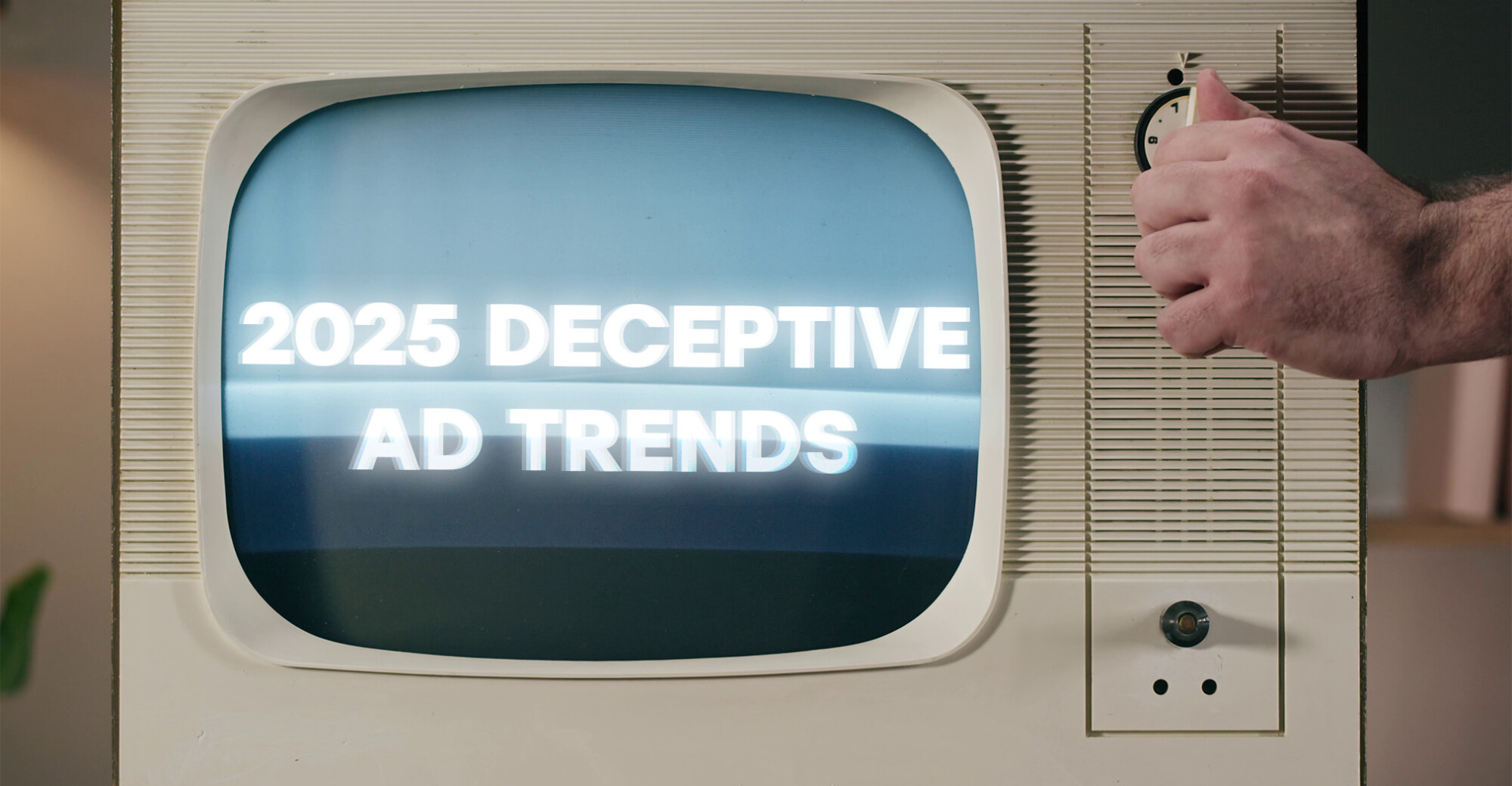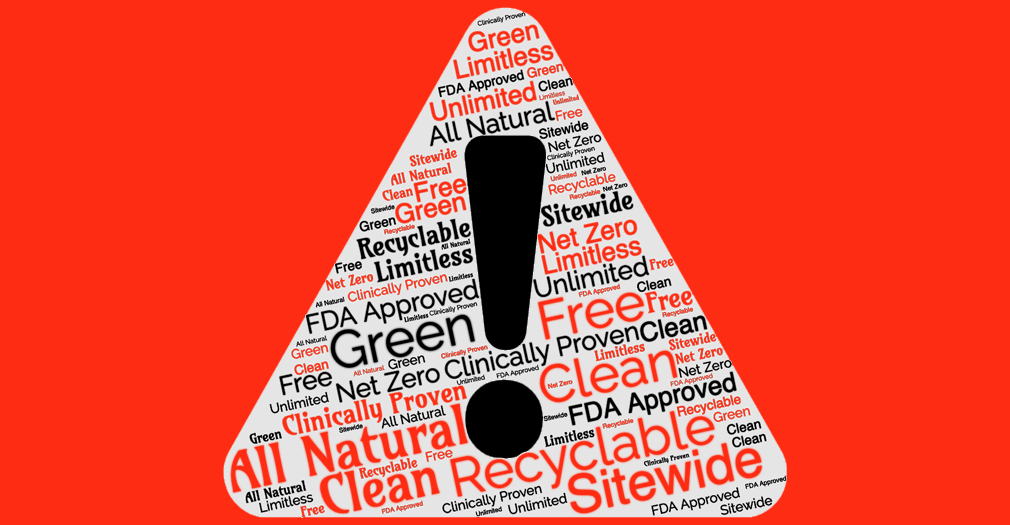
NCPW 2025: Fighting against Deceptive Marketing
If you’ve been misled by an ad, regulators want to hear from you. We do too.
In large part our success at TINA.org relies on readers like you. We depend on reader submissions to warn others about deceptive advertising and in 2024, you did not disappoint.
Here were some of the best reader tips we received this year.
In response to an inquiry by TINA.org, which was prompted by a consumer tip, one of the cofounders of this new MLM stressed that he and his partners were “not attempting to build a successful business on the ashes of another.” But that’s not how it was billed to former distributors of FinMore, the MLM at which the cofounders were all top distributors before it apparently encountered legal troubles. Former FinMore distributors were told to think of Nélo Life as a “Plan B.” They were also told that they could earn thousands of dollars or more a month as a Nélo Life distributor, despite the company only being three weeks into a “pre-launch” and having no income disclosure statement. After TINA.org alerted the company to the video in which these claims appeared, the video was removed.
Targeting parents of children with severe ADHD and anxiety, Brillia claimed its homeopathic product helps “transform families’ lives.” But after receiving a consumer tip, TINA.org found a number of issues with the company’s supporting studies, including one study’s conclusion that Brillia only had a pronounced therapeutic effect in patients with mild to moderate ADHD, which doesn’t back up the marketing. Another interesting finding was that both the experimental group and the placebo group showed a reduction in anxiety and hyperactivity. Brillia also lacks FDA approval, something the federal agency previously warned the company about. In response to a request for comment, Brillia disputed that it represents its product as a “magic pill,” even as it featured testimonials from parents of children with severe ADHD and anxiety who said their children’s symptoms disappeared after taking Brillia – which are claims that the company’s studies simply don’t support.
HeySunday never responded to our inquiry regarding claims on its website that its dissolvable dryer sheets are “100% plastic free” and that by purchasing its products, consumers are helping to “eliminate plastic waste,” which we noted were problematic given that the company’s products contain polyvinyl alcohol, a type of plastic whose ability to biodegrade is disputed. It did, however, dial back those claims following our inquiry. The company replaced “100% plastic free” with “plastic jug free” and “eliminate plastic waste” with “reduce plastic waste,” marketing changes that wouldn’t have happened if we hadn’t received a tip from a consumer that sparked our investigation.
A consumer who feared he might have mice in his home called Orkin for a free inspection as that was something the pest control company advertised on its website. But instead of sending an “Orkin Pro” to check for mice, the company told the consumer that it doesn’t actually offer free inspections. After TINA.org reached out to Orkin for an explanation, it changed its website to state that consumers can call Orkin for a “free personalized quote,” not a “free inspection.”
Two consumers complained separately about surprise medical bills they received after signing up for Talkiatry, an online mental health care service that advertised on its website that the majority of its visits cost patients $30 or less. Despite the advertised low cost, the consumers said they were billed hundreds of dollars, even though their insurance company was listed on the Talkiatry website. After TINA.org alerted the company to consumer complaints about its advertised cost, it responded to several customer reviews on its BBB page. The company told one consumer, “We’ve partnered with major insurers to make psychiatry more accessible, but a patient’s final cost depends on their coverage.” The Talkiatry website no longer advertises that most visits cost patients $30 or less. In fact, it doesn’t advertise any expected cost.
This year, we also continued to get complaints regarding DealDash and Prevagen. Two readers raised concerns over the addictive nature of DealDash, a penny auction site and the subject of a 2017 TINA.org investigation and complaint to regulators. One reader said his father, who suffers from advanced Parkinson’s, lost his entire life savings, over $150,000, on DealDash. Regulators have yet to take any public action against DealDash. The same cannot be said of Prevagen, which the FTC and New York attorney general sued in 2017 following a TINA.org complaint. TINA.org regularly hears from consumers alarmed by the company’s deceptive claims that its jellyfish-based supplement improves memory and provides other cognitive benefits. That included this year. But unlike previous years, this one ended with a win for consumers: In December, a federal district court ordered the company to remove all the challenged claims, including “improves memory.”
To file a complaint with TINA.org, click here.
If you’ve been misled by an ad, regulators want to hear from you. We do too.
A closer look at what we’ll be monitoring in the new year.
These definitions are a joke.


